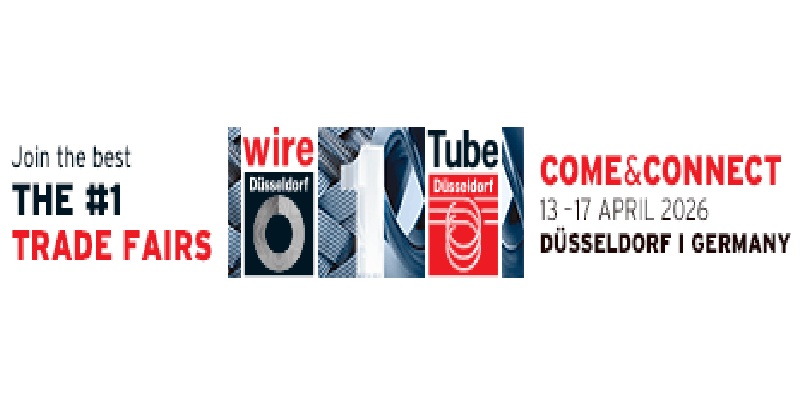Schedule a Call Back
Forging is a crucial element for success in industries
 Articles
Articles- Jan 29,24
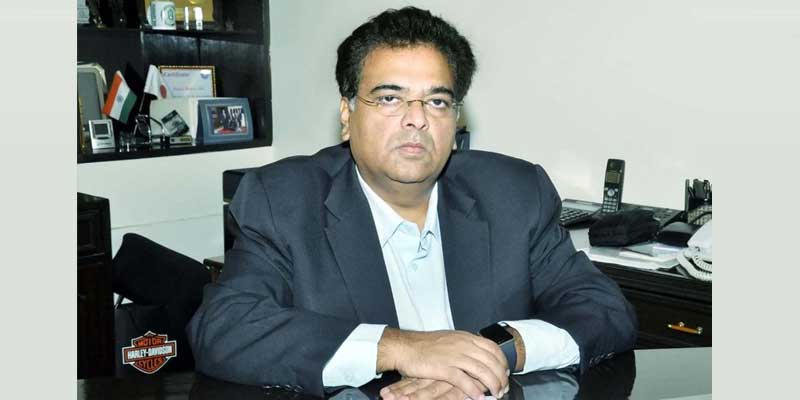
Related Stories
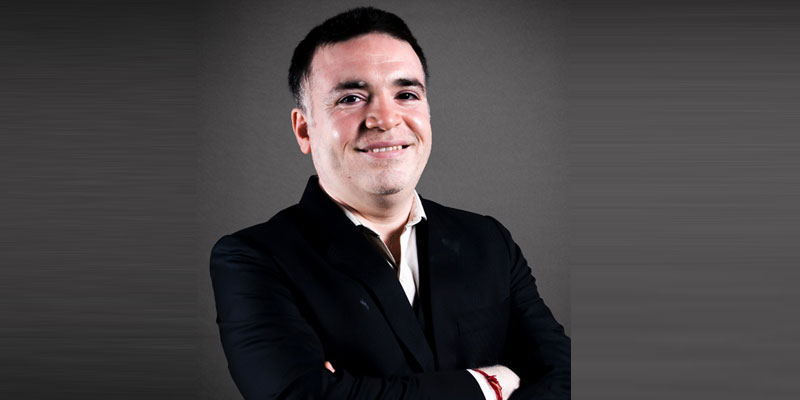
Building the Future of Indian Manufacturing Through Automation
Make in India, industrial automation India, smart manufacturing, AI in manufacturing, Industry 5.0 India, manufacturing GDP growth, robotics and automation, Aatmanirbhar Bharat, Prateek Jain, Addver..
Read more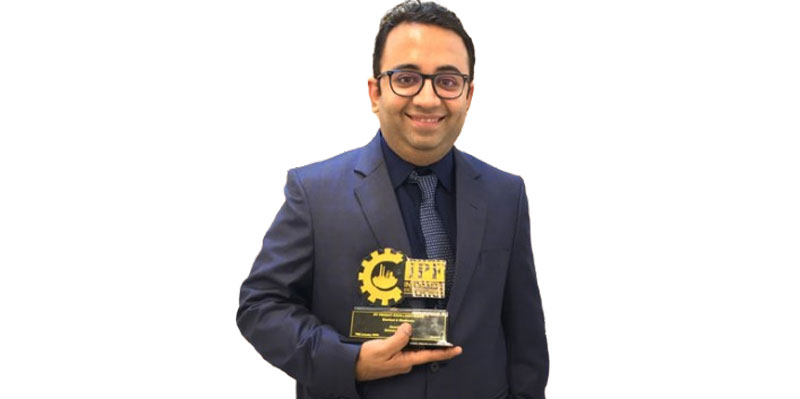
We are committed to strengthening India made equipment: Abhishek Bohra
In this interview, Abhishek Bohra, Partner, BXL Enterprise, shares the enterprise’s evolution in limit switches, manufacturing strengths, sectoral demand, reliability strategies, safety trends, MS..
Read more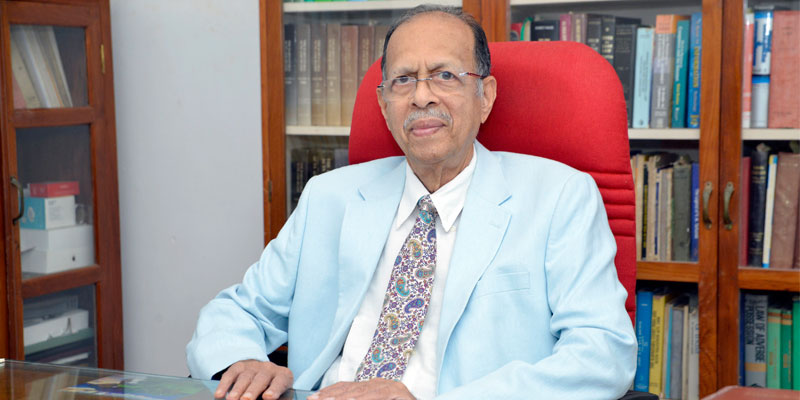
EAPL offers IoT-based products in the market: Shreedhar Kamat
In this interview, Shreedhar Kamat, Co-Founder & Chairman of Electronic Automation Pvt Ltd (EAPL), highlights advancement in manufacturing capabilities and the company’s product offerings.
Read moreRelated Products
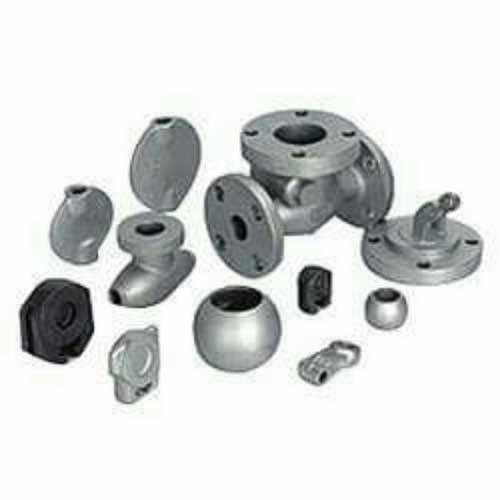
Auto Casting Components
Micro Melt offers a wide range of auto
parts casting components.
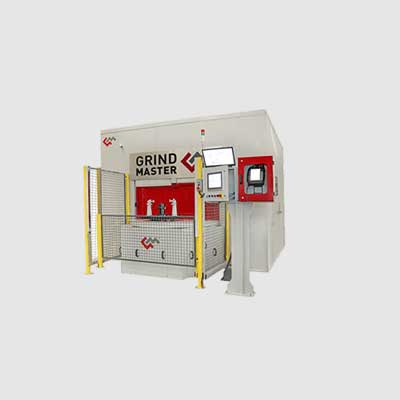
Robofinish Iron Casting Fettlingrcf
Grind Master Machines Pvt Ltd offers a wide range of robofinish iron casting fettling CF-HD series.
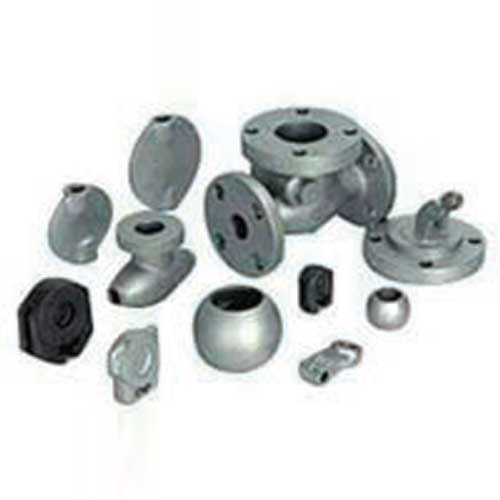
Casting Components
Micro Melt offers a wide range of auto parts casting components. Read more





